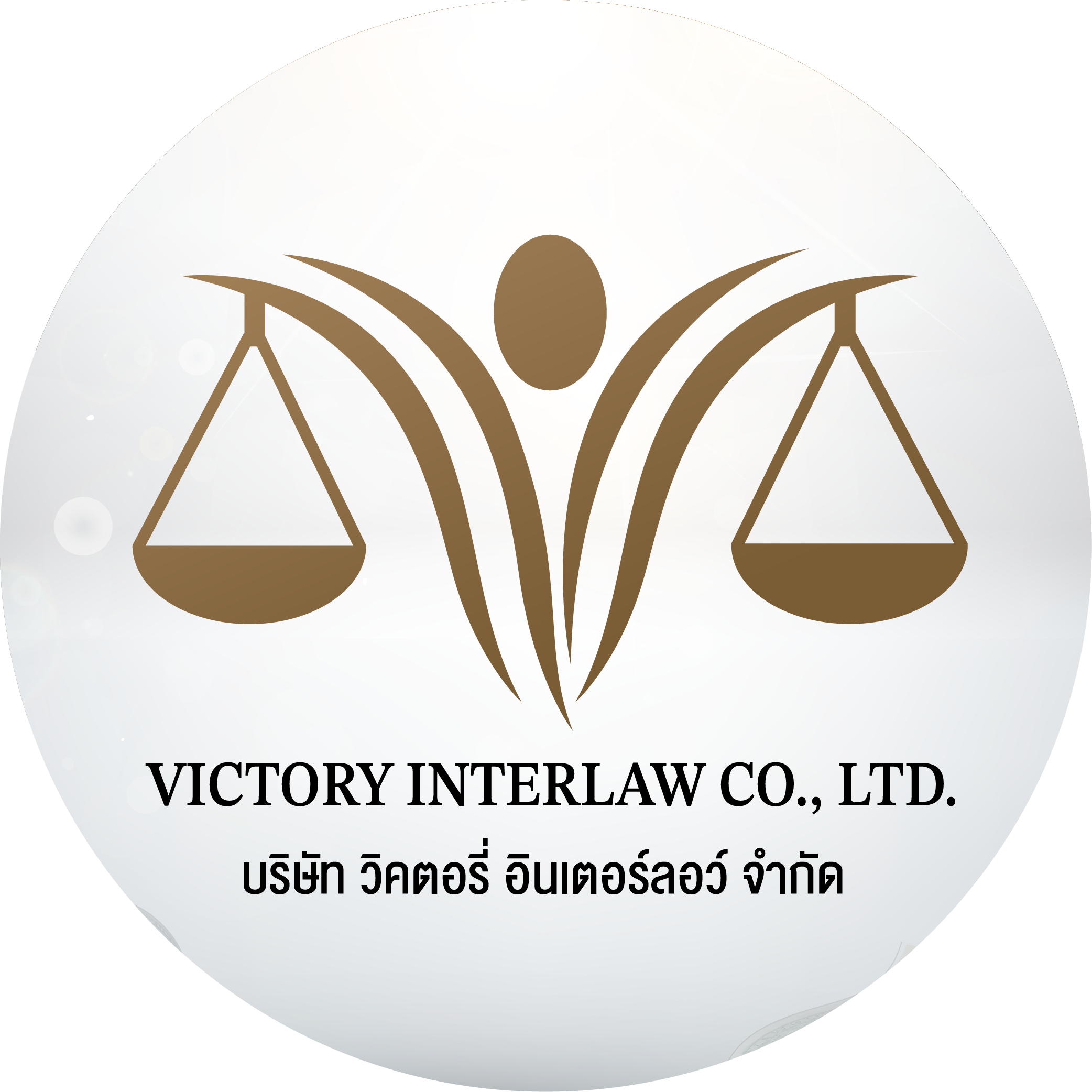What is a Limited Company?
A Limited Company (also known as a Thai Limited Company) is one of the most popular business structures in Thailand, especially for foreign investors. This type of company offers limited liability to its shareholders, separating personal assets from business liabilities. It is ideal for businesses looking for a robust and flexible structure to operate within Thailand, whether they are starting a new venture or expanding an existing one.
Key Features of a Limited Company
- Ownership and Structure
- Shareholders: A Limited Company requires at least three shareholders. These can be individuals or entities, with foreign ownership generally limited to 49%, unless special permissions are granted.
- Directors: It requires at least one director to manage and represent the company.
- Liability
-
- Limited Liability: Shareholders’ liability is limited to the amount of their investment in the company’s shares. Personal assets are protected from the company’s debts and obligations.
- Capital Requirements
-
- Registered Capital: There is no statutory minimum, but the amount must be sufficient for the business’s intended activities and to support the application for work permits if needed.
- Paid-Up Capital: Typically, the registered capital must be at least 25% paid up.
- Taxation
-
- Corporate Tax: Limited Companies are subject to Thai corporate income tax on their worldwide income.
- VAT: Companies must register for VAT if their annual turnover exceeds 1.8 million THB.
- Reporting Requirements
-
- Financial Statements: Must maintain accounting records and file annual financial statements audited by a certified Thai auditor.
- Tax Filing: Regular filing for corporate income tax, VAT, and other applicable taxes.
Establishing a Limited Company in Thailand
1. Pre-Establishment Considerations
Before setting up a Limited Company, it’s essential to consider several strategic and regulatory factors:
- Business Objectives: Define the purpose and goals of the company.
- Ownership Structure: Determine the shareholding pattern and the roles of Thai and foreign shareholders.
- Industry Regulations: Ensure compliance with specific industry regulations, particularly those affecting foreign ownership.
2. Company Name Reservation
The first step in setting up a Limited Company is to reserve the company name with the Department of Business Development (DBD). This involves:
- Name Check: Ensuring the proposed company name is unique and not similar to existing registered names.
- Reservation Submission: Submitting the chosen name for approval and reservation.
3. Preparing Documents and Registration
Once the company name is reserved, several documents need to be prepared and filed with the DBD:
- Memorandum of Association (MOA): This document outlines the company’s name, registered address, objectives, capital, and initial shareholders.
- Articles of Association (AOA): These define the company’s internal regulations, governance, and procedures.
- Shareholder Details: Information about the initial shareholders and their respective shares.
- Director Information: Details of the appointed directors and their powers.
- Registered Address: Proof of the company’s registered office in Thailand.
4. Convening a Statutory Meeting
A statutory meeting must be held to approve and adopt the company’s MOA and AOA, allocate shares to the shareholders, and appoint the directors and auditors. Key steps include:
- Share Allocation: Allotment of shares to initial shareholders.
- Director Appointment: Formal appointment of directors and granting of authority.
- Auditor Appointment: Appointment of an auditor to oversee financial reporting.
5. Company Registration and Capital Injection
After the statutory meeting, the company must be officially registered with the DBD. This involves:
- Filing Registration Documents: Submission of all required documents, including MOA, AOA, and details from the statutory meeting.
- Capital Deposit: Depositing the required paid-up capital into the company’s bank account.
6. Post-Registration Procedures
Once the company is registered, additional steps include:
- Tax Registration: Registering with the Revenue Department for corporate tax, VAT (if applicable), and social security.
- Bank Account Setup: Opening a corporate bank account to manage the company’s financial transactions.
- Business License Applications: Depending on the industry, applying for any necessary business licenses or permits.
- Employment Compliance: Complying with Thai labor laws for hiring and managing employees.
Benefits of Establishing a Limited Company
- Limited Liability
- Protection: Shareholders’ personal assets are protected from business liabilities.
- Credibility: Enhanced credibility and trust in the business market.
- Flexibility and Control
-
- Ownership: Flexible ownership structure with the ability to have foreign shareholders.
- Management: Effective management and control through appointed directors.
- Tax Efficiency
-
- Corporate Taxation: Potential tax advantages, including possible exemptions and incentives.
- Expense Deductions: Ability to deduct legitimate business expenses from taxable income.
- Operational Benefits
-
- Growth Opportunities: Facilitates easier access to financing and growth opportunities.
- Business Continuity: Structured for long-term operations and stability.
How Victory InterLaw Can Assist
Victory InterLaw offers comprehensive services to support the establishment and operation of a Limited Company in Thailand. Our expertise ensures a seamless and compliant setup process:
1. Pre-Establishment Consultation
- Strategic Guidance: Advising on the suitability of a Limited Company for your business goals.
- Regulatory Review: Assessing the regulatory requirements and ensuring compliance with Thai laws.
2. Document Preparation and Filing
- Name Reservation: Assisting with the reservation of the company name.
- Document Drafting: Preparing and reviewing all necessary documents, including MOA and AOA.
- Registration Filing: Managing the submission of registration documents to the DBD.
3. Meeting Facilitation
- Statutory Meeting Coordination: Organizing and facilitating the statutory meeting to approve company formation and allocate shares.
- Compliance Oversight: Ensuring all statutory requirements are met during the meeting.
4. Post-Registration Support
- Tax and VAT Registration: Assisting with registration for corporate tax and VAT.
- Bank Account Setup: Guidance on opening a corporate bank account.
- License Applications: Support with applying for any necessary business licenses or permits.
5. Ongoing Compliance and Advisory
- Accounting and Tax Services: Providing ongoing accounting, tax planning, and compliance services.
- Legal Representation: Acting as your legal representative in Thailand for regulatory and compliance matters.
- Business Advisory: Continuous advisory services to optimize business operations and adapt to changing regulations.
Why Choose Victory InterLaw?
With over 20 years of experience in the Thai legal and business landscape, Victory InterLaw is your trusted partner for establishing and managing a Limited Company in Thailand. We offer:
- Expert Local Knowledge: Deep understanding of Thai business laws and practices ensures compliance and efficiency.
- Comprehensive Services: Full support from initial consultation to ongoing operational management.
- Customized Solutions: Tailored services to meet the specific needs of your business.
- Client-Focused Approach: Commitment to delivering personalized and effective solutions for our clients.
Contact Victory InterLaw Today
Ready to establish your Limited Company in Thailand? Victory InterLaw is here to guide you through every step of the process. Contact us now to schedule a consultation and start your journey towards a successful business presence in Thailand.


